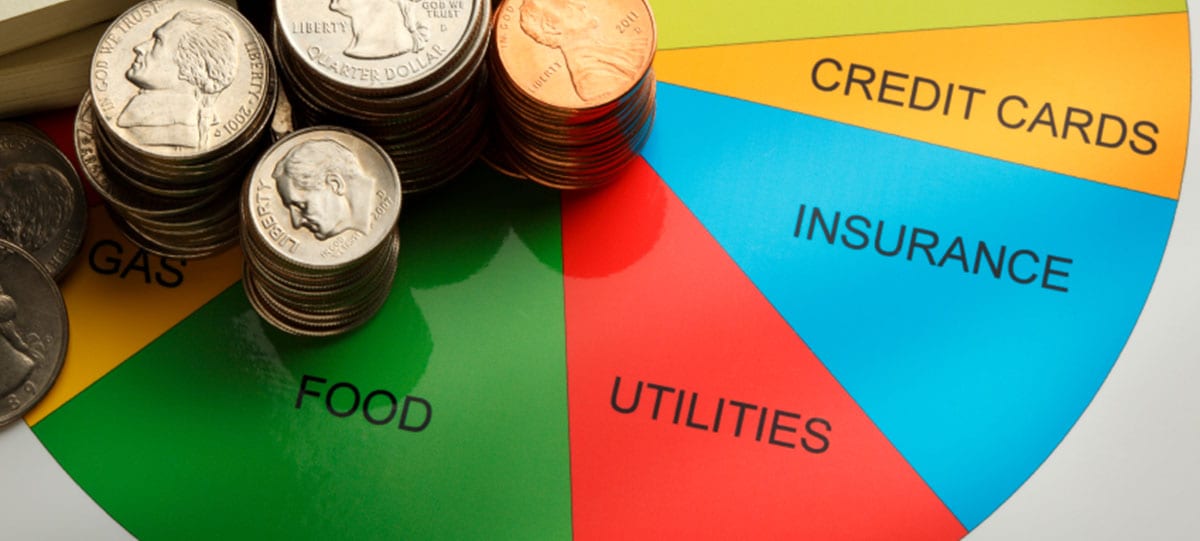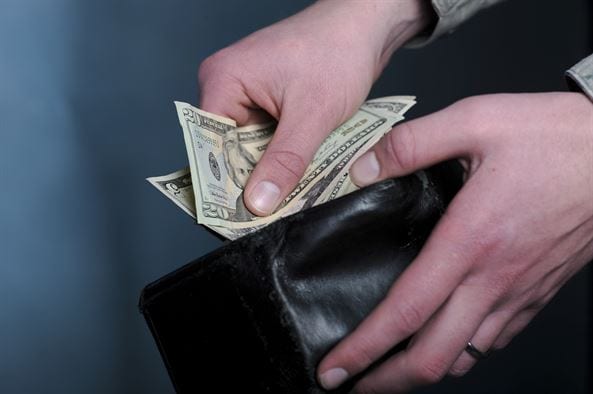A few years ago, I moved to Seattle, WA and put myself through film school. I lived in Seattle for two years, working as a barista. In my first year I made just below $14,000. The next year, I made just over $15,000. During that time, I didn’t feel any economic pressure and I was still able to dine out, go out for drinks, and frequent movie theaters. Below is a list of ways I cut my expenses without cutting out all the luxuries.
Cheap Rent
This one is crucial. In two years time I lived in three locations. I shared a big house with a bunch of friends, split a basement apartment with one friend, and then got a proper apartment my last 6 months in town. At no time did I pay over $500 a month for rent, which was still a full pay check. I never rented any place unless the majority of the utilities were included.
Learn to Love Roommates
You can’t make it off of no money and live alone, at least not in most places. Try to find someone that has a similar lifestyle but also has their own friends and social life. That way, you’re not constantly stepping on each other’s toes.
Good Location
All three places I lived had a few things in common. 1. It had to be cheap but in a safe neighborhood. 2. There had to be public transportation very close by. 3. It had to be close to shopping, restaurants, grocery stores and convenience stores. This was vital. Being in easy walking distance and/or close to public transport helps a great deal with the next point.
No Car
This sounds crazy in modern-day America, but, trust me, if you can get away without your own set of wheels then you’ll be far better off. First off, no car payment. Secondly, no gas costs. Third, no car insurance. Fourth, no friends trying to borrow your car and then wrecking it or leaving it on empty. This saves you tons of money and if you’re close to everything and public transport, it’s really not much of a hassle.
Watch Out For Coupons
A lot of times, coupons are for brand-name products and even with the discounts, they aren’t as cheap as store brand. The entire time I lived in Seattle, I did not buy one brand-name product if there was a cheaper option. This will save you some serious cash every month. Also, I never used a coupon.
Go Easy On The Groceries
Remember, there aren’t that many necessities. Cereal is cheap. Sandwich stuff is cheap. Pasta, beans, and soups are cheap. Round this out with salads and apples as snacks and you’ve pretty much got a week’s worth of groceries for less than $75. Awesome. Also, skip sodas, sports drinks, and any unnecessary liquids. Instead, buy some tea bags and make your own iced and hot teas.
Go To The Movies, Just Bring Your Own Snacks
I was in film school, so skipping the movies was not an option. I tried to see matinees but didn’t mind springing for evening prices occasionally. I would buy a small popcorn but sneak in a can of soda. I know movie theaters make their money on concessions and I love Landmark Theaters, a popular chain in Seattle and throughout the country. I made sure to buy at least a little something so they made their money and stayed open. By bringing my own drink, I made sure I didn’t get abused on soda prices. I could afford to do this a few times a month.
Eat Out, But Eat Cheap
I tried not to eat out often, but when I did, I either made it a lunch out or a cheap dinner. Typically, lunches are cheaper and quicker. I don’t skip the tip ever. I used to wait tables so I refuse to go out if I can’t afford to leave at least a 15% tip, at least. Also, skip desert, order water, and no appetizers or salads. You can still get a filling meal, and if you scout it out right, the whole thing may cost less than $15.
Learn To Love Pre-Partying and Happy Hour
A six pack of good beer costs $8; six good beers at a bar could be more towards $30. Have a few at home before heading to happy hour where the beers are cheaper anyway. Also, learn to love cheap beers. I learned to love PBR. If I can do it, so can you! Helpful Tip: If you’re in a location convenient to many things, chances are you have a bar or two in walking distance as well. This will really cut down on cab rides and save you more cash!
Define Necessities
Buying books is somewhat of an addiction for me, but I gave it up while I was a student. During my school days, I learned to love the library and friends’ collections. In other words, the free stuff. My money was for food, film, rent, and little niceties. I didn’t go clothes shopping unless it was at the thrift store or on super sale at a department store. I didn’t buy dvds, jewelry, or any “luxury” items and I didn’t miss them. They weren’t necessary.
Find A Job With Perks
I worked as a barista for a national chain while I went to school. Not a lot of money but it came with flexible hours, cheap but good health insurance, free coffee/coffee beans and heavily discounted food and snacks. For part-time work, not a bad gig. I also got paid vacation time so visiting my family in Virginia was at least partially paid for.
Cheap Outings
There’s plenty of ways to blow money going out with friends, but there’s also plenty of cheap alternatives. Seattle offered a ton of free parks, free museum days, a large downtown to hang out in, and discounted tickets to students and people under 25 at certain theaters. I’ve lived in a few different states and have found that many of them have at least parks and a few free events. Be a bargain shopper when going out. Chances are, whatever you find to do, you can find a discount for it or a free alternative to it. This is how I lived for two years. It was really quite easy and only required a little bit of sacrifice. It won’t work for everyone, but hopefully one or two tips will be useful to most people. Oh yeah, and so you don’t think I did this in the seventies or something, those two years were 2013 and 2014.






